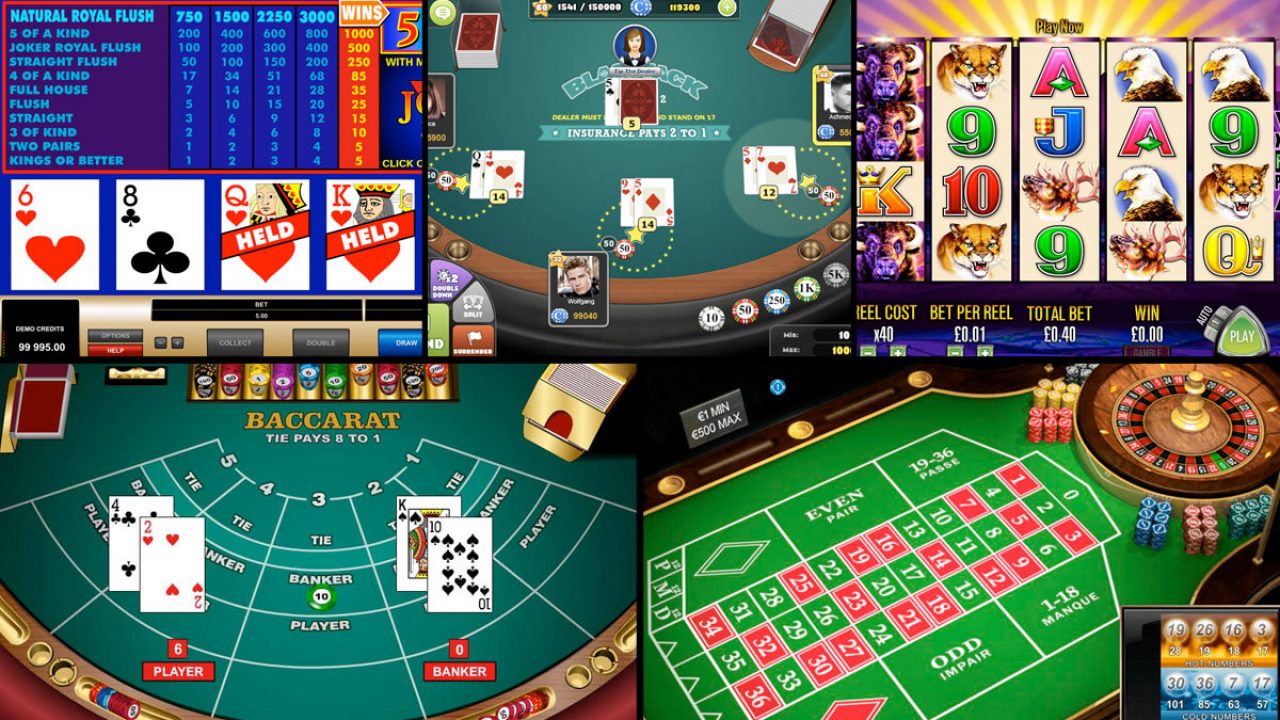The allure of shimmering lights, the unmistakable sound of slot machines ringing, and the palpable energy of a crowded casino floor – these experiences defined the golden age of traditional casinos. But like every industry in our modern age, even casinos have faced the wave of digital disruption. Over the past decade, there’s been a pronounced tilt from physical establishments to online platforms, like 7Bit Casino, driven by technological advancements and changing consumer preferences. The internet has redefined what gambling means in the age of the Internet, not just the move of physical casinos online. Society is experiencing a larger shift in which the boundary between the physical and digital worlds is blurring. In order to understand this transformation better, let’s take a closer look at its hows and whys.

Why Brick-and-Mortar Casinos are Venturing Online
The proverbial wheels of change for brick-and-mortar casinos began to turn for various reasons. Here are some key drivers that have fuelled this shift:
- Consumer Behavior: The new generation of gamblers are digital natives. They prefer the convenience of playing from their devices rather than traveling to a physical location.
- Technological Advancements: Enhanced graphics, live dealers, and virtual reality have made online gaming experiences as real as their traditional counterparts.
- Global Reach: Online platforms have a global audience, something physical casinos couldn’t boast.
- Cost Efficiency: Maintaining a digital presence can be more cost-effective than running a massive physical establishment with high overheads.
- Regulations: Many countries are easing their online gambling regulations, making it easier for businesses to set up digital platforms.
Through our knowledge gained in practice, we’ve noticed that the convenience of digital platforms combined with innovations like cryptocurrency gambling and e-sports betting have further piqued the interest of the younger demographic.
The User Experience: Traditional vs. Digital
It’s vital to understand that while the core essence of gambling remains unchanged, the user experience varies widely between traditional and digital platforms.
- Physical Atmosphere vs. Digital Interface: The tactile experience of handling chips, the atmosphere, and personal interactions are unique to brick-and-mortar casinos. On the other hand, online platforms rely heavily on interface design, graphics, and sound effects to emulate this atmosphere. They also offer features like live chat to recreate interpersonal interactions.
- Accessibility and Convenience: Online casinos are available 24/7, requiring just an internet connection. Traditional casinos, with their set operational hours and need for physical presence, can’t match this level of accessibility.
- Diverse Games and Options: While traditional jetx casinos are limited by physical space, online platforms can host an infinite variety of games, including rare and international ones.
- Payment Methods: Digital platforms often provide more payment options, from credit cards to cryptocurrencies, enhancing user convenience.
Challenges Faced by Casinos in the Digital Transition
While the move to the digital world promises a plethora of opportunities, it’s not without its challenges. Security is paramount. Protecting user data and ensuring fair play are pivotal for online platforms. Additionally, with countless online casinos popping up, standing out in the crowded digital market is a test in itself.
Moreover, building trust online, without the tangibility of a physical establishment, can be arduous. It’s crucial for digital casinos to have transparent operations, excellent customer support, and perhaps most importantly, a valid license.
The Future: What Lies Ahead for Digital Casinos
In the coming years, the line between physical and digital gambling is expected to blur even more as technology advances. By combining augmented and virtual reality, casinos can offer users the best of both worlds by re-creating the traditional casino experience.
Additionally, innovations like blockchain could revolutionize the way transactions occur on these platforms, making them more transparent and secure. The convergence of AI, data analytics, and personalized gaming experiences might be the next frontier, tailoring each user’s online journey according to their preferences and betting behavior.
Conclusion
It’s a testament to the gambling industry’s adaptability and resilience that brick-and-mortar casinos are being replaced by digital casinos. Embracing technology and the changing preferences of consumers is not only smart but essential for survival in the modern world. As the digital realm continues to evolve, it’s a sure bet that the world of online gambling will only become more immersive, secure, and personalized. The dice have been rolled, and the future is digital.



